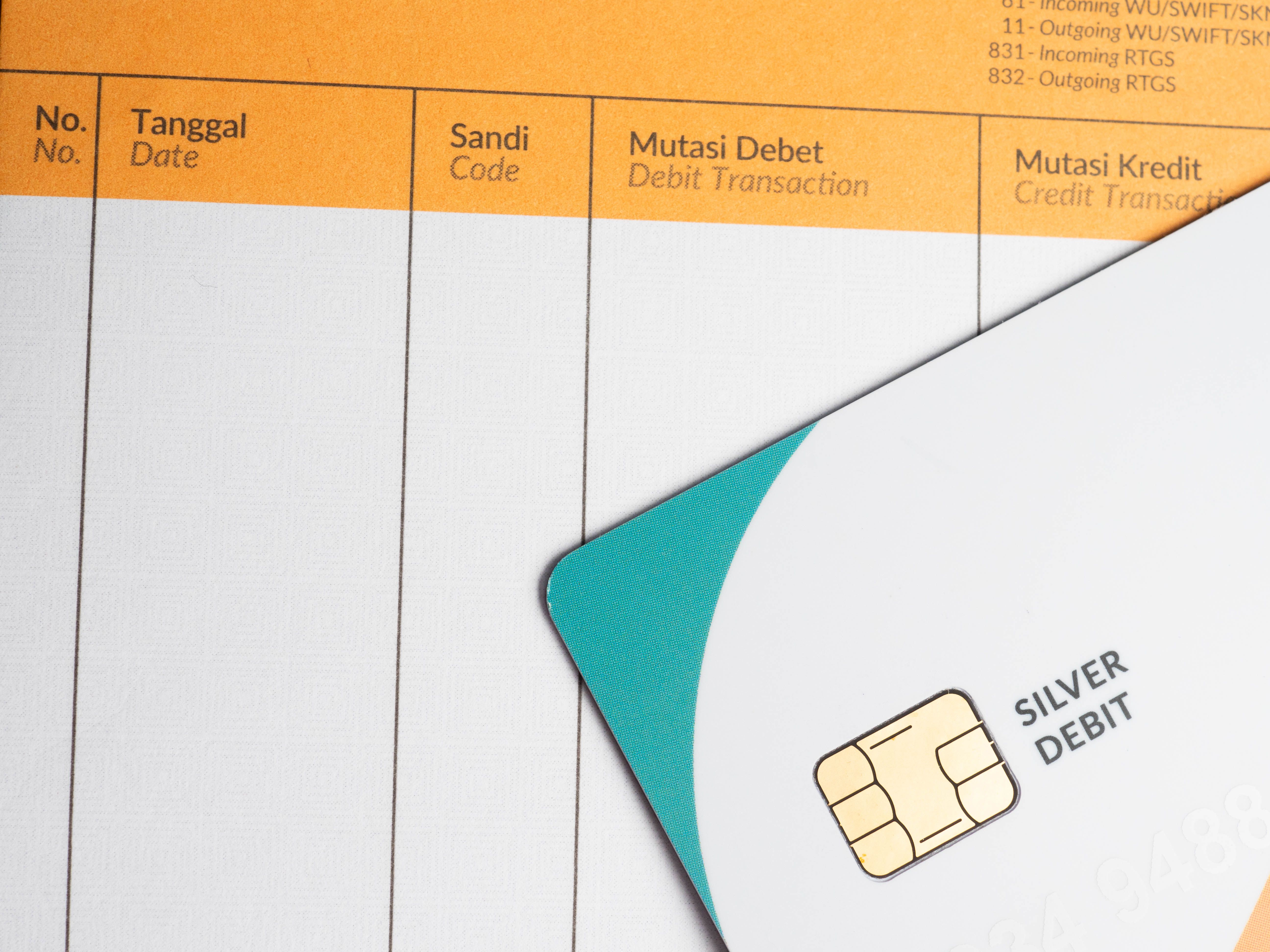Halal Investing for Beginners: A Comprehensive Guide
Understanding Halal Investing
Halal investing refers to investment practices that comply with Islamic principles. For Muslims, aligning financial activities with their beliefs is essential. This means investing in ways that are permissible under Sharia law, which prohibits interest or investments in businesses that engage in activities considered haram, or forbidden.
For many new investors, understanding the nuances of halal investing can be challenging. However, with the right guidance, it is possible to build a portfolio that not only meets financial goals but also adheres to religious values.

Principles of Halal Investing
The core principle of halal investing is avoiding riba, or interest. This means traditional savings accounts and bonds, which generate earnings through interest, are generally off-limits. Instead, halal investments often focus on equities and real estate, which offer profits through business growth and property appreciation.
Another critical component is avoiding investments in businesses that deal in alcohol, gambling, pork products, and other non-compliant activities. This requires careful research and selection of investment opportunities.
Types of Halal Investments
There are several types of halal investments available for beginners. Stocks of companies whose primary business is compliant with Sharia law are a popular choice. Islamic mutual funds and exchange-traded funds (ETFs) are also available, offering diversified portfolios that adhere to Islamic principles.

Real estate investment trusts (REITs) focusing on permissible properties can also be a viable option. Additionally, sukuk, or Islamic bonds, provide a way to invest in government or corporate debt without earning interest.
Getting Started with Halal Investing
To begin halal investing, it's crucial to educate yourself about the various options and understand the criteria for Sharia compliance. Consulting with a financial advisor specializing in Islamic finance can provide valuable insights and guidance tailored to your specific needs and goals.
Consider starting small by allocating a portion of your savings to halal investments. This allows you to become familiar with the process and gain confidence as you learn more about the market.

Tools and Resources for Halal Investors
Several tools and resources are available to assist Muslims in making informed investment decisions. Many financial institutions offer Sharia-compliant investment products and services. Additionally, online platforms and apps can help track your portfolio's performance and ensure ongoing compliance with Islamic guidelines.
It's also beneficial to join communities or forums where you can connect with like-minded individuals and share experiences. Learning from others can provide valuable insights and help build your confidence as an investor.
Conclusion
Halal investing offers Muslims the opportunity to grow their wealth while staying true to their religious values. By understanding the principles of halal investing and exploring various investment options, beginners can enjoy financial growth while adhering to their beliefs. With the right knowledge and resources, anyone can embark on a successful halal investing journey.